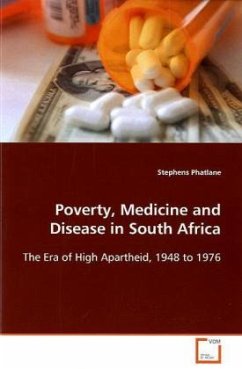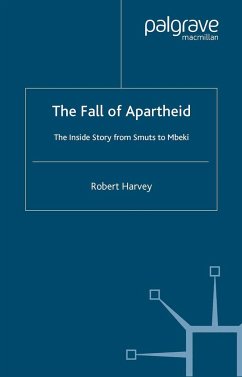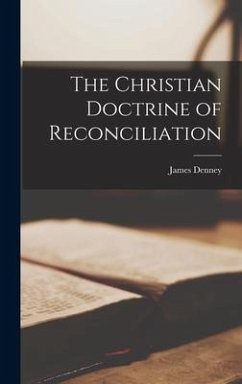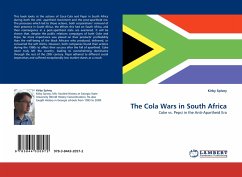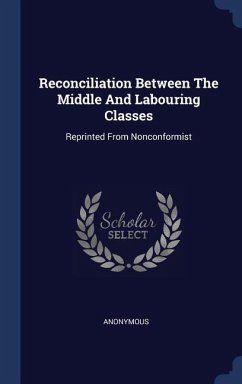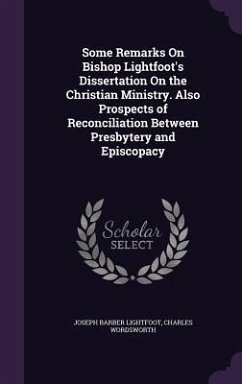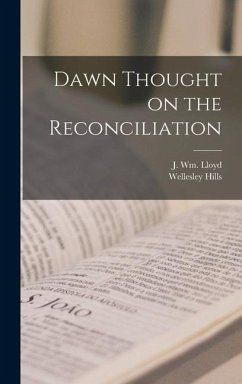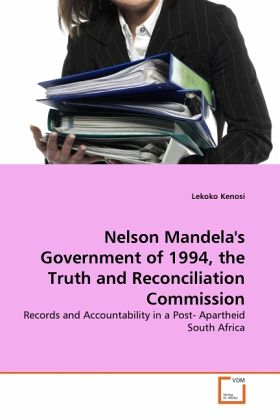
Records, the Truth Commission and National Reconciliation
Records, the Truth Commission and National Reconciliation: Accountability in Post-Apartheid South Africa
Versandkostenfrei!
Versandfertig in 6-10 Tagen
52,99 €
inkl. MwSt.

PAYBACK Punkte
26 °P sammeln!
Over the past few years the use of Truth Commission records to hold perpetrators of Human Rights atrocities accountable for their crimes in countries that have been under authoritarian regimes has gained immense momentum. This is due to the practical realization that trials alone are not enough to hold violators of human rights accountable. Also, many post conflict states are not stable enough to risk another cycle of violence by prosecuting members of a regime that until now controlled the police, army and the judiciary. Present South Africa is one such example. This book illustrates how Pres...
Over the past few years the use of Truth Commission records to hold perpetrators of Human Rights atrocities accountable for their crimes in countries that have been under authoritarian regimes has gained immense momentum. This is due to the practical realization that trials alone are not enough to hold violators of human rights accountable. Also, many post conflict states are not stable enough to risk another cycle of violence by prosecuting members of a regime that until now controlled the police, army and the judiciary. Present South Africa is one such example. This book illustrates how President Nelson Mandela's post Apartheid South Africa was able to commission the South African Truth and Reconciliation Commission (SA TRC) in 1994 in order to use its records to hold apartheid perpetrators of human rights accountable.





